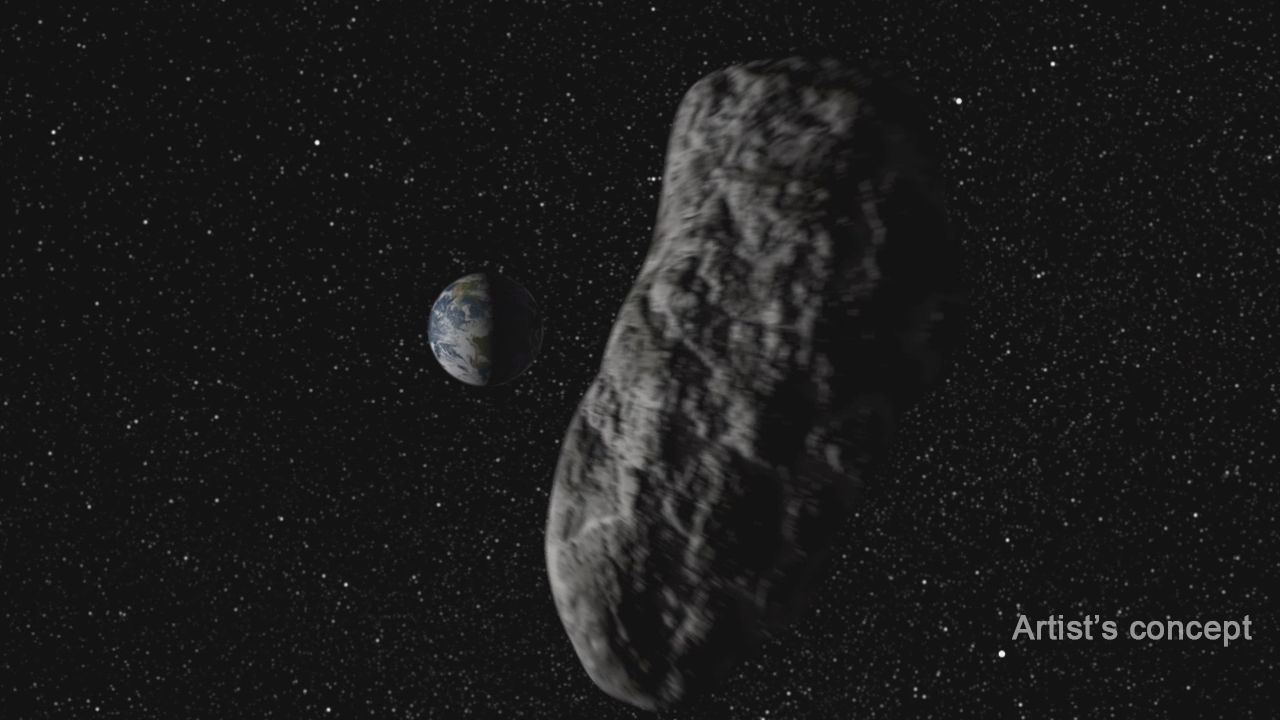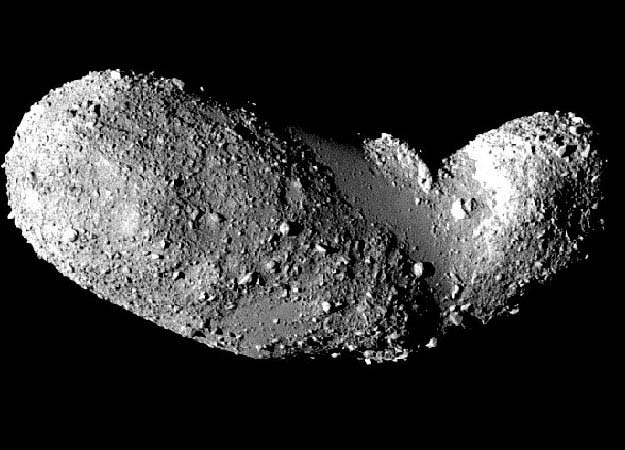
There's no reason to fear a devastating asteroid strike next month, NASA experts say.
For the last few months, rumors have circulated on the Internet that a big asteroid will slam into Earth near Puerto Rico between Sept. 15 and Sept. 28, wreaking widespread destruction throughout coastal regions of the United States, Mexico, the Caribbean, Central America and northern South America.
Don't believe the hype.
"There is no scientific basis — not one shred of evidence — that an asteroid or any other celestial object will impact Earth on those dates," Paul Chodas, manager of NASA's Near-Earth Object office at the Jet Propulsion Laboratory in Pasadena, California, said in a statement. "If there were any object large enough to do that type of destruction in September, we would have seen something of it by now."
Astronomers based at the Near-Earth Object office and other institutions around the world use a variety of telescopes to hunt for potentially hazardous asteroids and comets, and they haven't observed anything that poses a serious threat to Earth for the foreseeable future, NASA officials said.
"Again, there is no existing evidence that an asteroid or any other celestial object is on a trajectory that will impact Earth," Chodas stressed. "In fact, not a single one of the known objects has any credible chance of hitting our planet over the next century."
Experts such as Chodas must increasingly wade into the Internet's murky waters to debunk the myths swirling there.
Get the Space.com Newsletter
Breaking space news, the latest updates on rocket launches, skywatching events and more!
In 2011, for example, rumors grew that the harmless comet Elenin was a "doomsday" object that would inflict severe damage upon the Earth. And some conspiracy theorists claimed that a cosmic impact would wipe out humanity on Dec. 21, 2012, the day that one cycle of the Mayan long-count calendar came to an end.

Just this year, fears were raised about the near-Earth asteroids 2004 BL86 and 2014 YB35, which flew harmlessly past the planet in January and March, respectively — just as NASA scientists had predicted the asteroids would.
All of this is not to claim that Earth won't get hit by a cosmic object next month. The planet is pelted by dust and chunks of space rock all the time, but almost all of this material is so small that it burns up harmlessly in Earth's atmosphere.
Follow Mike Wall on Twitter @michaeldwall and Google+. Follow us @Spacedotcom, Facebook or Google+. Originally published on Space.com.
Join our Space Forums to keep talking space on the latest missions, night sky and more! And if you have a news tip, correction or comment, let us know at: community@space.com.

Michael Wall is a Senior Space Writer with Space.com and joined the team in 2010. He primarily covers exoplanets, spaceflight and military space, but has been known to dabble in the space art beat. His book about the search for alien life, "Out There," was published on Nov. 13, 2018. Before becoming a science writer, Michael worked as a herpetologist and wildlife biologist. He has a Ph.D. in evolutionary biology from the University of Sydney, Australia, a bachelor's degree from the University of Arizona, and a graduate certificate in science writing from the University of California, Santa Cruz. To find out what his latest project is, you can follow Michael on Twitter.









